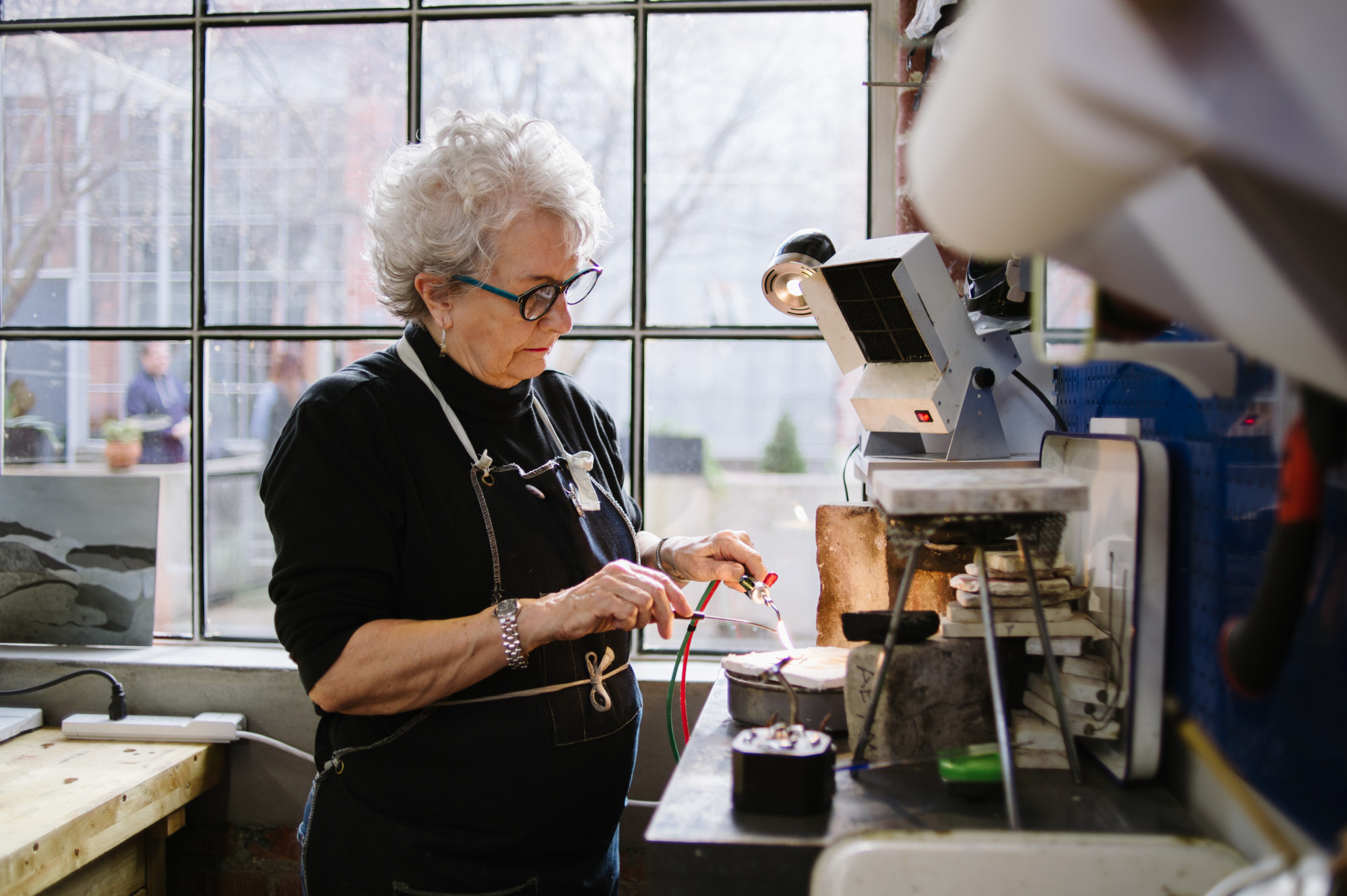
Why healthcare for an ageing population should focus on disease prevention, rather than treating people when they’re already ill
- Our healthcare system focuses on treating illnesses. But ailments common in the elderly, like bone and heart disease, are preventable, experts say
- Screening for diseases in at-risk age groups, and education on the importance of living healthily while young, are key in revolutionising how we address ageing
As the global population ages, healthcare systems around the world are under stress. Most systems are organised to treat specific illnesses, one at a time. They are ill-equipped to provide enough of the long-term care and treatment required by ageing people who suffer from multiple ailments.
Nothing less than a total revolution in healthcare systems is required for “ageing in place”, according to expert panellists from the High-Level Forum on the Silver Economy – a hybrid live and online global event hosted by the Global Coalition on Ageing, which recently took place in New York, Geneva and Dublin.

A key consensus among participants was that healthcare systems must be reorganised on a prevention model that can better predict the illnesses that are common in older people, rather than waiting for such illnesses to occur and then treating them through acute care – short-term treatment after a severe episode of illness.
Ageism is bad for the economy, bad for society: how to stop it
Older people often suffer from more than one illness at a time, panellists noted. A patient may have high blood pressure, diabetes and joint disease, for example. So integrated healthcare systems are needed to holistically treat the range of simultaneous illnesses that can affect an older individual, rather than treating each one separately.
“Most of the healthcare systems we are putting in place are not designed to meet the needs of older people,” said John Beard, director of the Global Centre for Modern Ageing at Flinders University Tonsley in Adelaide, Australia.
“Older people need integrated person-centred care with a focus on chronic disease that often needs to focus on more than one condition at the same time. Our systems are not designed to do that. We need to redevelop and redesign the healthcare system.”

“If we are living longer, we need to live healthier, and that is not happening – older people are still most at risk from diseases,” said Finbarr C. Martin, professor of medical gerontology at King’s College, London, in the United Kingdom.
“We must move the paradigm from treating disease to preventing disease … this paradigm shift is important.”

Why TCM and Indian medicine can’t compete with Western drugs
“Cardiovascular diseases remain the biggest causes of mortality and morbidity,” said Neil Johnson, executive director of the Global Heart Hub, an Ireland-based non-profit organisation that focuses on ensuring positive outcomes for those living with heart disease.
“That is not a statement of fact, it’s a statement of shame, because it’s largely preventable. We are probably calling our healthcare system the wrong name – it’s actually a ‘sick care’ system. Global healthcare systems are designed to look after our sick, with a focus on acute care, rather than look after our health.”
Doctors need to screen for conditions that we already know occur at a certain age, and then intervene early, Johnson said.

Such screenings do not occur because prediction is not a glamorous medical field, so there is little investment in it, said Mary Bussell, who leads The Economist Group’s Vaccine Ecosystem Initiative. Only 1 to 2 per cent of global healthcare expenditure is invested in prediction.
“Prediction doesn’t really fit into our medical models, as it’s something that we do today to offset something in the future. It exists beyond the [political] re-election cycle, and it’s not as sexy as having a fantastic cure,” Bussell said.
Christine O’Kelly, the coordinator of the Age-Friendly University – an initiative that educates about ageing – at Dublin City University in Ireland, said that attitudes towards ageing need to be addressed through the educational system. Students need to be made aware that they will age like everybody else, and taught to mitigate the effects of growing old.

Ageism is a still a big problem, and can interfere with older people getting the treatment they need, panellists said. Symptoms of disease in older patients are often dismissed as “natural ageing”, and older patients’ opinions are ignored. This can lead to delayed treatment, or no treatment at all.
This is why addressing ageism and its causes are imperative to helping us all live longer, healthier lives, experts agreed.
